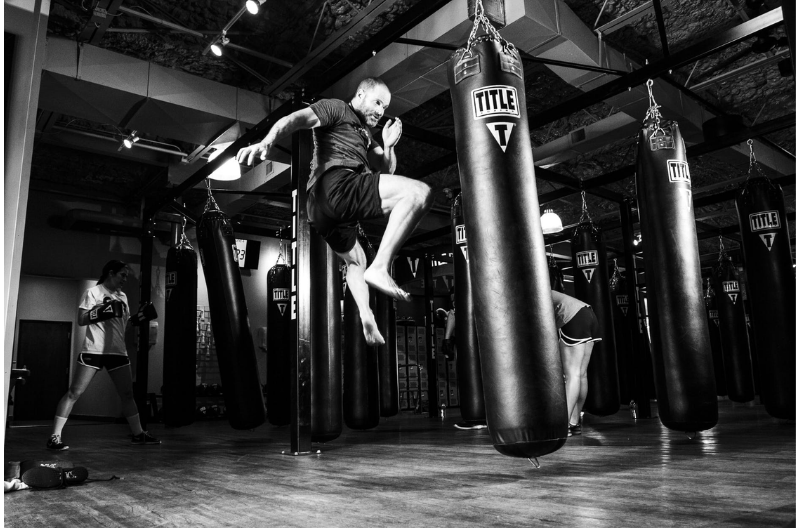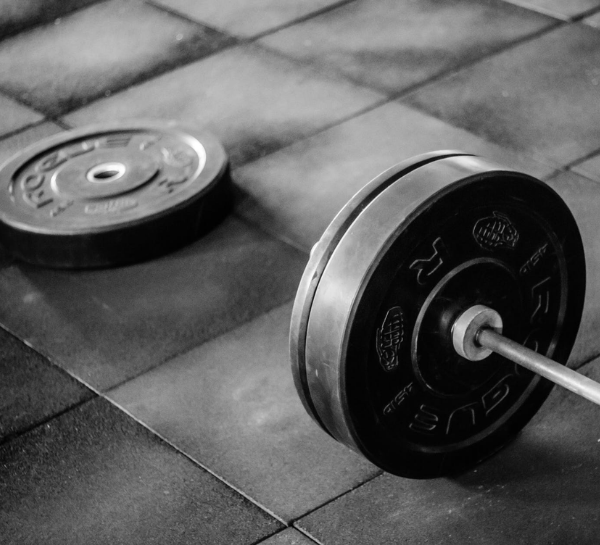
Overtraining happens when a person participates in excessive exercise or physical activity without leaving enough time for their body to recuperate. This strains the body’s systems to the point that the person may suffer bodily and emotional injury. Overtraining syndrome is a term used to describe this problem.
Moreover, overtraining can leave a person physically weary, as well as emotionally drained. Not only that, but they may be anxious or have mood swings. It might take weeks for the body to recuperate once it has been damaged by overtraining.
What Causes Overtraining Syndrome?
Burnout, also known as overtraining syndrome, is a condition in which an athlete feels tired and performs poorly in their sport while maintaining or increasing their training. Overtraining may lead to mood swings, a lack of enthusiasm, injuries, and even infections. The physical and mental stress of training is regarded as the cause of burnout.

Overtraining syndrome happens when an athlete fails to recover adequately from training and competition. The symptoms are due to a combination of changes in hormones, suppression of the immune system (which decreases the athlete’s ability to fight infection), physical fatigue and psychological changes.
Overtraining Syndrome/Burnout
Once an athlete does not recover enough from training or competition, they develop the overtraining syndrome. Changes in hormone levels, immune system suppression (which reduces the athlete’s capacity to fight illness), physical exhaustion, and psychological changes contribute to the symptoms. Furthermore, specializing in one activity, abrupt increases in training, involvement in endurance sports, poor self-esteem, and parental and coaches pressure to achieve are all risk factors.
What Are The Indicators Of Overexertion Or Overtraining?
The time it takes to go back to resting heart rate would also be a good sign of overexertion. However, in overtrained athletes, it takes longer.
Overtraining is characterized by the dominance of catabolism processes over anabolic ones, resulting in weight loss and muscle loss. It is measured by cortisol (a catabolic hormone) and testosterone (an anabolic hormone) levels in the blood. But, no such test exists today that can reliably detect or predict overtraining. Reduced glutamine levels in the muscle, which reduces the effectiveness of immune responses, are among the biochemical features—as a result, overtraining leads to an increase in the number of diseases and the length of time it takes to repair injuries.
What Are The Symptoms Of Over Exercising?
You must help your body to become stronger and quicker. You must, however, take time to relax.

Relaxation is an essential component of training. It lets your body rest and recuperate in preparation for your next exercise. When you don’t get enough sleep, it might affect your performance and your health.
Forcing yourself too hard over an extended time might harm you. Here are a few signs that you’re doing too much exercise:
- Inability to perform at a high level
- Requiring longer durations of rest
- Exhaustion
- Depression
- Experiencing mood changes or irritability
- Having difficulty sleeping
- Sore muscles or heaviness in the limbs
- Injuries caused by overuse
- Dwindling motivation
- Getting a lot of colds
- Anxiety
Ways To Recover From Overtraining
The only way to recuperate from overtraining is to take a break. This implies that you must take a break from training for a certain length of time. Based on the sport and degree of exercise, recovery might take four to twelve weeks.
While you’re recovering from overtraining, you may still perform some low-intensity aerobic exercise to stay fit and healthy while you’re not completing your regular routines. These will be high-intensity interval exercises unrelated to the sport for which you usually train. You’ll be able to relieve yourself into a training regimen after your symptoms have gone away.
Your doctor or coach can assist you in determining when you will resume training and setting up parameters for you. Returning to training will be a gradual process since you don’t want to overwork your body. Starting at 50% of your typical training load and adding 10% additional work each week is a reasonable idea.

Preventing Overtraining
Overtraining may be avoided by taking certain precautions. The essential thing you can do is get enough sleep. This entails getting at least one day per week off from physical exercise to allow your body to heal. Athletes must also take two months off from sports each year to recuperate and recover from sports-related ailments.
It’s essential to listen to your body. Regular monitoring of your exercises and how you feel afterwards will help you figure out when it’s time to ease off. It would help if you didn’t strive to work through discomfort only to make up for a day you missed.
Nutrition may also aid in the prevention of OTS. To help feed and heal your muscles, make sure you’re eating a well-balanced diet with enough protein and carbs. The calories should be sufficient to equal the amount of energy you expend while exercising. To keep hydrated, you should drink at least eight glasses of water every day.
To prevent overtraining, schedule regular rest days after long or demanding workouts. Take a break from targeting a muscle group for 1 or 2 days if you do weight or resistance training. At the same time, don’t allow for too much time to lapse between workout sessions. Have a rest period during your workout.
13 Signs of Overtraining and What to Do About It
Comment below to share your thoughts and don’t miss our blog on improving spiritual health to keep your physical health on track.
